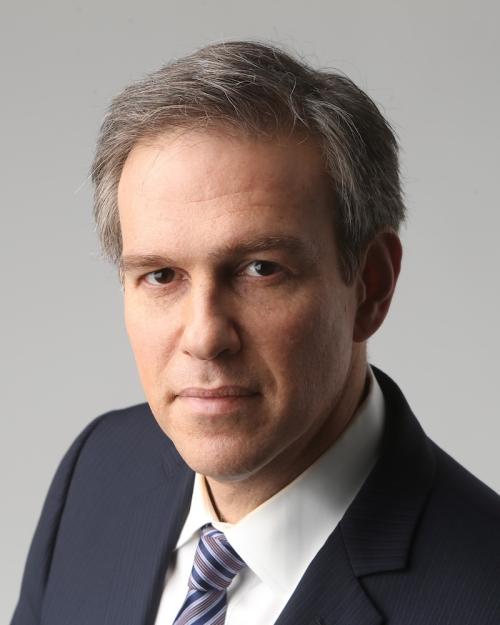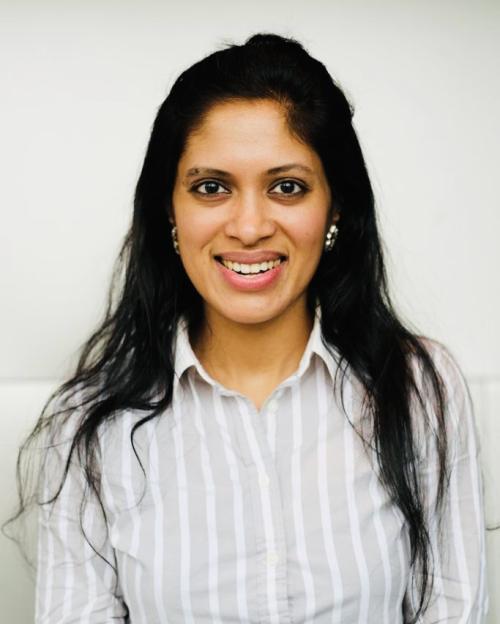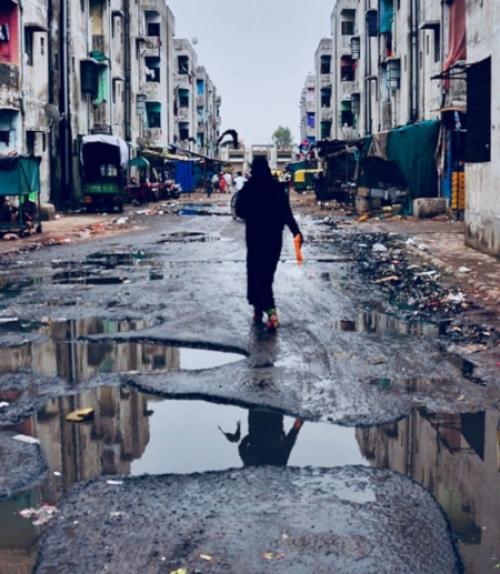Camille Jones, a doctoral student in nutritional sciences, will travel to Southern India to research nutritional improvements in infants and mothers when they eat biofortified food crops.
Darin Self, who’s working on a Ph.D. in government, is off to Paraguay to research the relationship between civilians and the military in authoritarian regimes.
And Ksenia Pavlenko, a doctoral student in history of art and visual studies, will spend time in Russia exploring how image and identity shaped national myths in the late imperial period.
These are just three of 86 Cornell graduate students who have been awarded travel grants from the Mario Einaudi Center for International Studies for the 2019-20 academic year.
“These grants are vital in getting students off to the field to do a range of projects, which then helps their research come to fruition,” said Eric Tagliacozzo, director of the Comparative Muslim Societies Program.
The grants, ranging from $460 to $1,700, support the students as they conduct research and fieldwork at their project sites. In the next year, the students will travel to 47 nations around the globe.
“We have had students in the past study everything from tree-ring dendrochronology on droughts in Lebanon, to Islam and gender in the ports of Eastern Indonesia. The Einaudi funding competition makes all of this possible,” Tagliacozzo said.
Of the 86 students, 39% will travel to Asia, 20% to Europe, 19% to Latin America, 12% to Africa and 10% to the Middle East. The top destinations are India and China (including Hong Kong), with seven grantees apiece, and Ecuador with five.
The Einaudi Center’s annual grant program is notable for supporting a large number of graduate students undertaking international research across a range of academic disciplines. The 2019-20 awardees represent more than 40 graduate fields.
This story originally appeared in the Cornell Chronicle.




